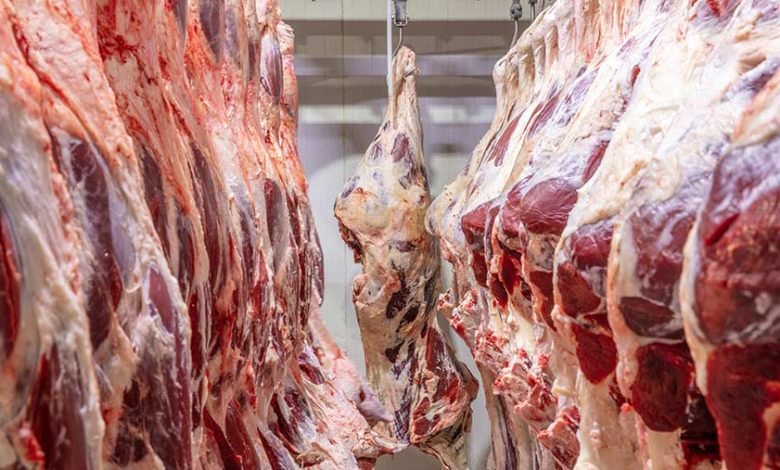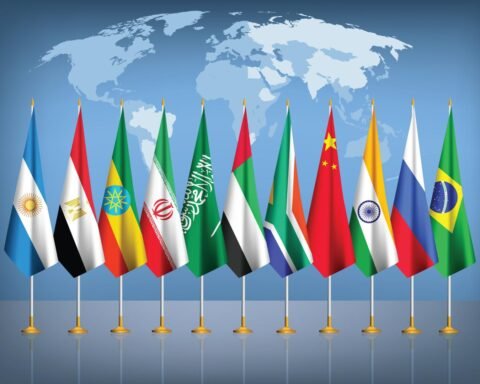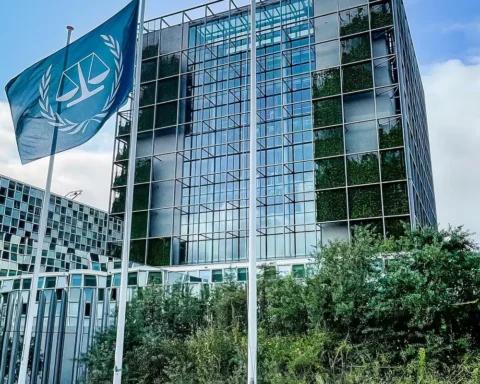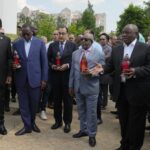Presidential candidate Dr Samia Suluhu Hassan has pledged to unlock international markets for Tanzanian meat and live animals if re-elected in the upcoming October General Election.
Speaking to thousands of supporters at campaign rallies in Mbeya City, held at Mlima wa Reli and Nane Nane grounds, Dr Samia said her government’s priority will be ensuring that pastoralists gain more from the country’s vast livestock resources.
She emphasized that the state has already begun building modern abattoirs in key regions to improve meat processing standards, with the aim of boosting both domestic consumption and exports. “We want Tanzanian livestock products to meet global standards so that our pastoral communities can earn more from their hard work,” she told the crowd.
The livestock sector is one of Tanzania’s largest economic contributors, with millions depending on cattle, goats, sheep, and poultry for their livelihoods. Yet, despite this potential, the industry has long faced challenges such as low productivity, weak value chains, and limited access to lucrative overseas markets.
Recent government reforms seek to change this. Earlier this year, a nationwide vaccination and livestock identification drive was launched to improve animal health and traceability.
Also Read; Deadly Landslide Hits Sudan’s Marrah Mountains Region
These measures are seen as critical for meeting international certification requirements, particularly for exports to the Middle East and Asian markets, where demand for beef and live animals continues to grow.
Statistics show the sector’s steady progress: meat exports rose from fewer than 2,000 tonnes in 2020/21 to over 14,000 tonnes by 2023/24, bringing in about US$61 million. Officials believe that with improved infrastructure, disease control, and compliance with export standards, these numbers could rise significantly in the next few years.
Experts also note that investing in the livestock industry complements Tanzania’s wider goal of building an agriculture-driven economy, one capable of creating jobs and reducing poverty, especially in rural areas where pastoralists form a large part of the population.
If realized, Dr Samia’s vision could mark a turning point for Tanzanian livestock keepers. By modernizing abattoirs, expanding trade opportunities, and connecting pastoralists to international buyers, her pledge promises to transform livestock from subsistence herding into a powerful driver of national income.







